Mausoleum vs. Grave: Which Option Is More Affordable?
Choosing a final resting place for a loved one is an emotional and significant decision, one that comes with both personal and financial implications. Families face a variety of options, and a common question arises: Is a mausoleum or a traditional grave more affordable? Understanding the associated costs of each option is crucial in making an informed decision that honors your loved one while being mindful of your budget.
In this expanded blog, we will explore the costs associated with mausoleums and traditional graves, shedding light on the factors that influence these expenses. Additionally, we will provide a detailed comparison of the pros and cons of each choice, helping you select the most suitable option for your family. By the end of this article, you’ll have a clearer understanding of which option—mausoleum or traditional grave—best fits your personal, financial, and emotional needs.
1. Understanding Mausoleums and Traditional Graves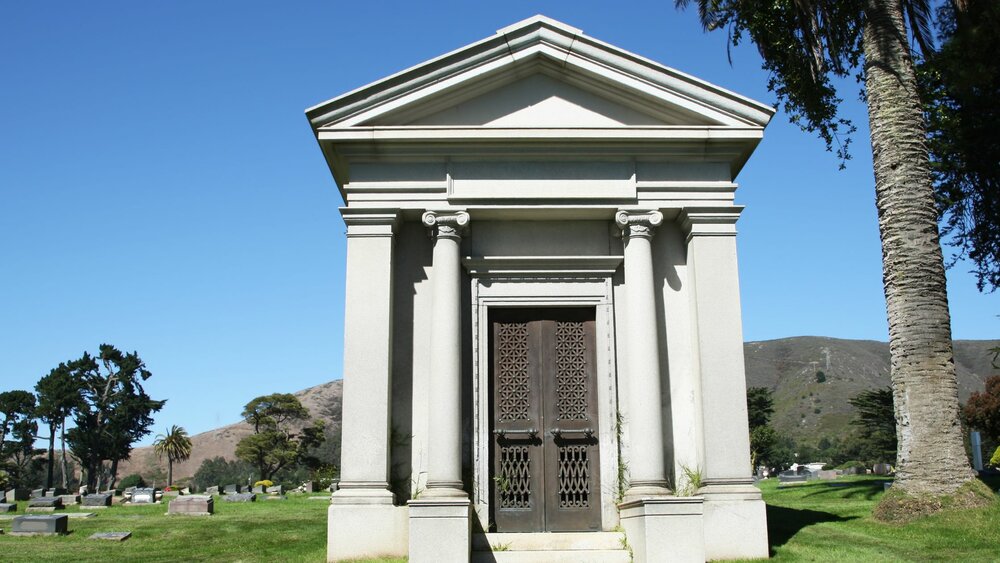
Before diving into the costs and factors, it’s essential to understand what mausoleums and traditional graves entail:
- Mausoleums: These above-ground structures serve as final resting places, where remains are entombed in crypts. They can be private (built for a single family) or community mausoleums, which house multiple individuals. Mausoleums offer an elegant, protective environment that keeps remains above ground and protected from the elements.
- Traditional Graves: This is the most familiar burial option, where the deceased is interred in the ground. A grave is marked with a headstone, plaque, or other memorial. Traditional graves may also be part of a family plot, where several loved ones are buried in close proximity.
Both options offer different experiences, and the choice will depend on personal preferences, religious beliefs, cultural practices, and budget considerations.
2. Cost Comparison: Mausoleum vs. Traditional Grave
When evaluating the costs between a mausoleum and a traditional grave, it’s important to consider the full scope of expenses, including purchase, maintenance, and memorialization fees.
Mausoleum Costs:
- Purchase Price: Mausoleum prices can vary significantly depending on location, size, and whether you choose a private or community option. A basic community mausoleum can cost around $5,000, while a custom-designed private mausoleum can exceed $100,000, especially in prestigious cemeteries or prime locations.
- Ongoing Maintenance Fees: Most mausoleums charge ongoing maintenance fees to cover the costs of cleaning, landscaping, and repairs. These fees can range from $300 to $1,500 annually, depending on the facility and the level of care required.
- Perpetual Care Costs: Some cemeteries offer perpetual care plans, ensuring the mausoleum is maintained indefinitely. This may be included in the initial purchase price or charged separately, adding another layer to the overall cost.
Grave Costs: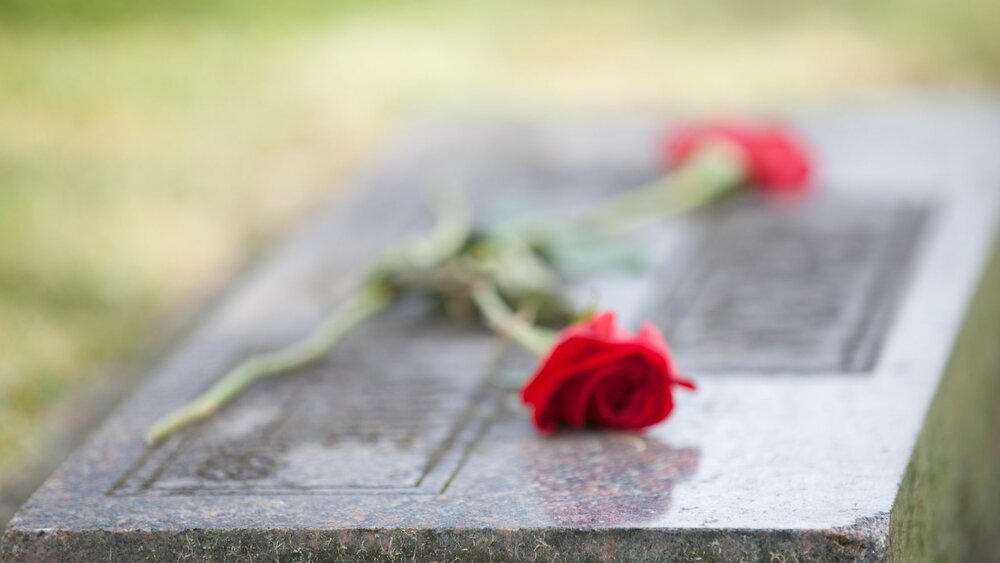
- Purchase Price: The cost of a burial plot varies depending on location, but on average, a grave plot costs between $1,000 and $4,000. Urban areas with limited space tend to be more expensive, while rural plots may offer more affordable options.
- Burial Fees: In addition to purchasing the plot, burial fees (also known as interment fees) cover the actual burial process, including labor and services. These fees typically range from $500 to $2,000.
- Headstone or Marker Costs: The cost of a headstone or grave marker can vary greatly. A basic flat marker starts at around $300, while more elaborate, upright headstones can cost several thousand dollars. Customization, materials, and engraving can add to the price.
While mausoleum costs are generally higher upfront, ongoing maintenance fees can increase the total expense over time. In contrast, traditional graves tend to have lower initial costs but can still be subject to additional expenses for headstones and perpetual care.
3. Factors Influencing Costs
Several factors influence the overall cost of both mausoleums and graves. Understanding these can help you budget accordingly and make a more informed decision.
Location:
- Urban vs. Rural Areas: Prices can vary dramatically based on whether the cemetery is in a metropolitan or rural area. Urban cemeteries, with limited space and high demand, tend to have higher prices for both mausoleums and burial plots. Rural cemeteries may offer more affordable options, making them a better fit for families seeking budget-conscious solutions.
- Cemetery Reputation: Prestigious or historical cemeteries often command higher prices due to their desirability. Mausoleums and burial plots in such locations can come with a significant premium.
Type of Mausoleum: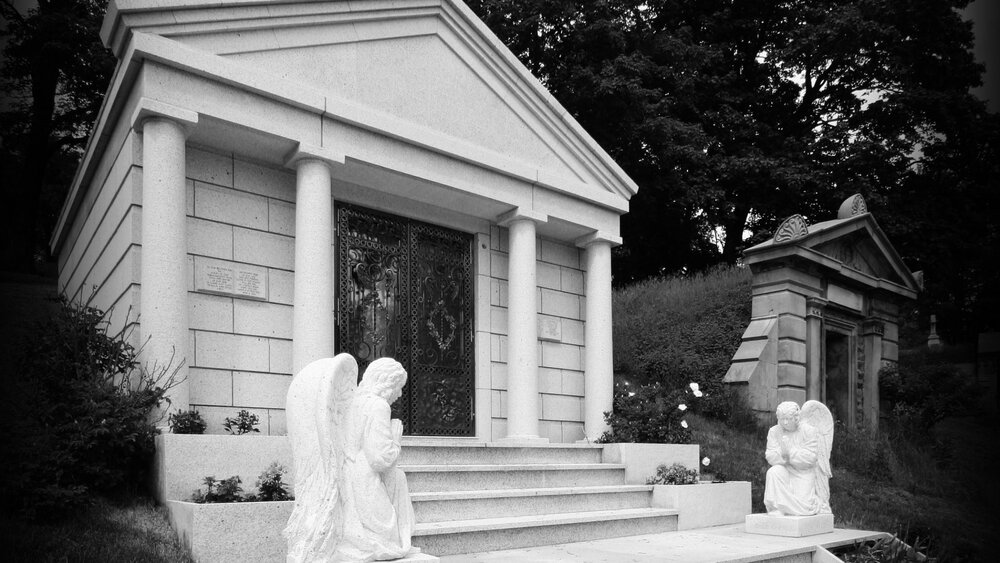
- Private vs. Community: A private mausoleum, built specifically for one family, is more expensive than a community mausoleum that houses multiple individuals. Community mausoleums offer a cost-effective alternative while still providing above-ground interment.
- Customization Options: If you opt for a customized mausoleum, costs can escalate quickly. Standard mausoleums offer affordable options, while bespoke designs with intricate architecture, unique engravings, or special features may significantly increase the price.
Additional Services:
- Funeral Services: Some cemeteries and mausoleum facilities offer package deals that include the cost of funeral services. These packages may offer better value by bundling multiple services together.
- Transportation Costs: If your loved one is being transported from a different location, this can add to the overall costs. This applies to both mausoleums and traditional burials.
By understanding these factors, you can better plan and budget for the expenses that may arise in either option.
4. Pros and Cons of Mausoleums and Traditional Graves
To make the right decision, it’s essential to weigh the advantages and disadvantages of each option:
Mausoleum Pros:
- Protection from the Elements: Mausoleums offer superior protection against weather conditions, ensuring the remains and the memorial stay preserved over time. This can be particularly important in regions prone to extreme weather, like heavy rain or snow.
- Privacy and Solitude: Mausoleums often offer a more private and serene environment compared to open cemeteries. Families can visit their loved ones in a quiet, dedicated space without distractions from other gravesites or visitors.
- Longevity: Mausoleums are typically constructed from durable materials, ensuring they last for generations. This makes them a lasting tribute to loved ones and can serve as a family legacy.
Mausoleum Cons: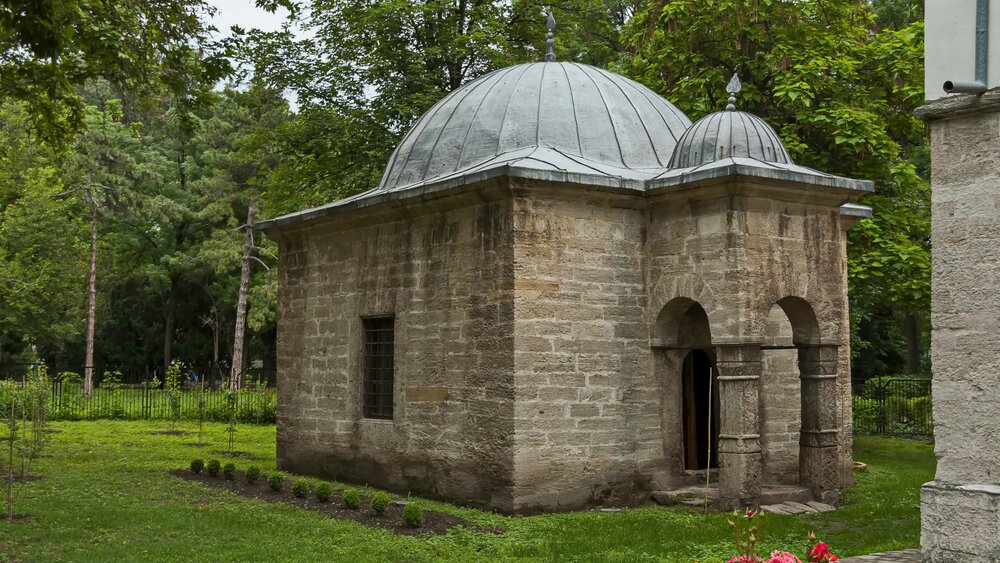
- High Upfront Costs: Mausoleums are generally more expensive than traditional burials, with private mausoleums being particularly costly. Families need to consider whether the benefits outweigh the higher initial investment.
- Ongoing Maintenance Fees: Many mausoleum facilities charge ongoing maintenance fees, which can add to the long-term costs. It’s important to factor these fees into your decision-making process.
Grave Pros:
- Affordability: Traditional graves are often more affordable than mausoleums, making them a popular choice for families looking to minimize funeral expenses.
- Simplicity and Tradition: For many families, a traditional grave burial aligns with cultural and familial customs. This option provides a familiar, respectful way to honor loved ones, especially if there is a family plot.
Grave Cons: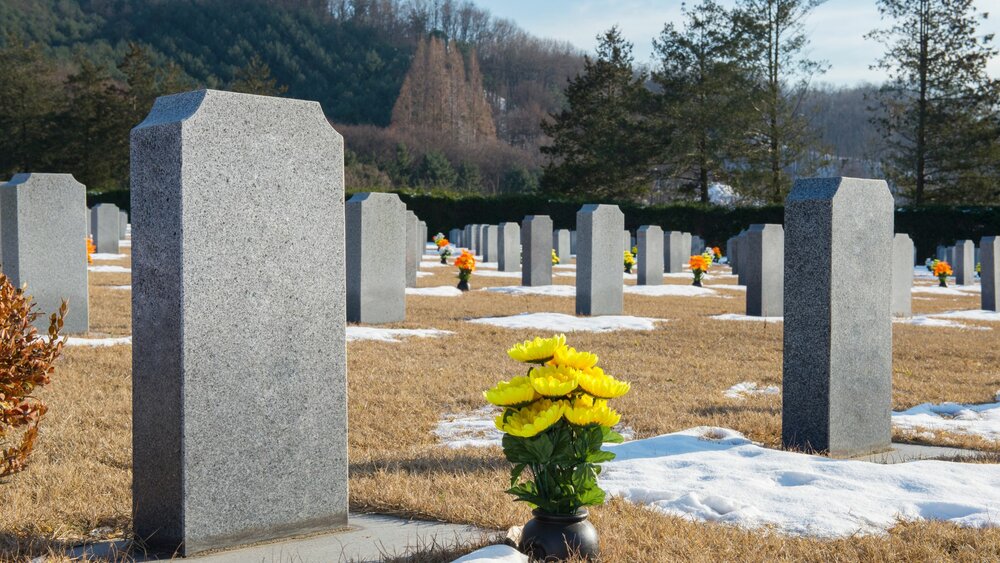
- Exposure to the Elements: Graves, headstones, and markers are more vulnerable to the elements, which can lead to weathering, erosion, or damage over time. This may require periodic maintenance or repairs.
- Less Privacy: Traditional graveyards tend to be public spaces with multiple visitors. For families seeking solitude and a private space for reflection, this might not be ideal.
5. Personal Considerations and Emotional Aspects
Beyond the financial aspects, personal and emotional factors play a significant role in choosing between a mausoleum and a grave.
Cultural and Religious Beliefs: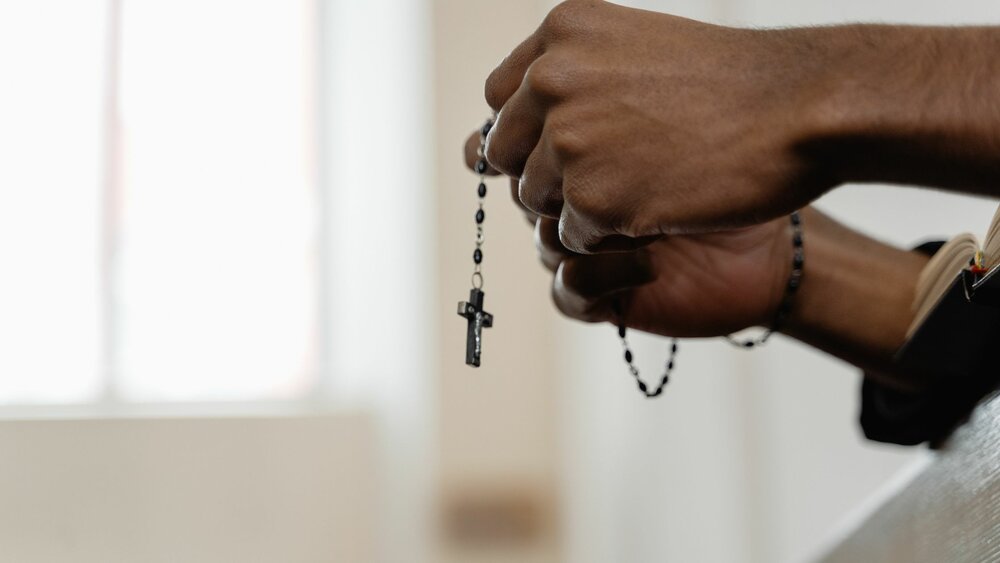
Some cultures and religions have specific burial practices. For example, some traditions may prioritize mausoleums for their permanence and protection, while others favor traditional ground burials due to their symbolism and communal aspects. Understanding these practices can help guide your decision.
Family Preferences:
Having open discussions with family members can clarify personal preferences and ensure everyone feels included in the decision-making process. This can alleviate any potential conflicts or confusion regarding the choice of a final resting place.
Future Generations:
Consider how future generations will view the final resting place. A mausoleum may provide a sense of family legacy and continuity, while a traditional grave may feel more accessible and communal for future family members who wish to visit.
6. Conclusion
Choosing between a mausoleum and a traditional grave is a deeply personal decision influenced by various factors, including cost, location, cultural practices, and emotional preferences. While mausoleums offer protection and privacy, they come with higher upfront costs and ongoing maintenance fees. On the other hand, traditional graves provide a more affordable and familiar option but may require more upkeep over time.
By carefully weighing the pros and cons and considering the factors discussed in this blog, you can make an informed decision that honors your loved one while respecting your family's budget. Consulting with us at Willowbrook Cemetery can also provide valuable insight and help tailor the best option for your specific needs, use our online form today to learn more.
Ultimately, the choice is a reflection of both personal and financial considerations, ensuring that your loved one’s memory is honored in a way that feels right for your family.
For additional information - please call Willowbrook Cemetery. Our team can help you select a peaceful final resting place for your cherished one at our cemetery. You can contact us via this form or number on this page.




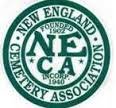
Comments